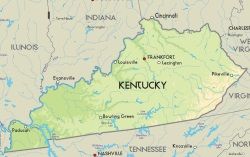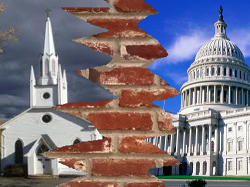
Ellery Schempp – His protest of required Bible reading in his High School lead to the case Abington School District v. Schempp being decided in 1963
On June 17th 1963, the US Supreme Court handed down its landmark decision that supported the separation of church and state in public schools – Abington School District v. Schempp. Even 50 years after the decision, we seem to have to fight the same battle over and over again. That is what happens in the struggle for civil rights. You have to be vigilant or they can be taken away. We need to celebrate dissenters like Schempp and we all need to try and emulate his activism.



